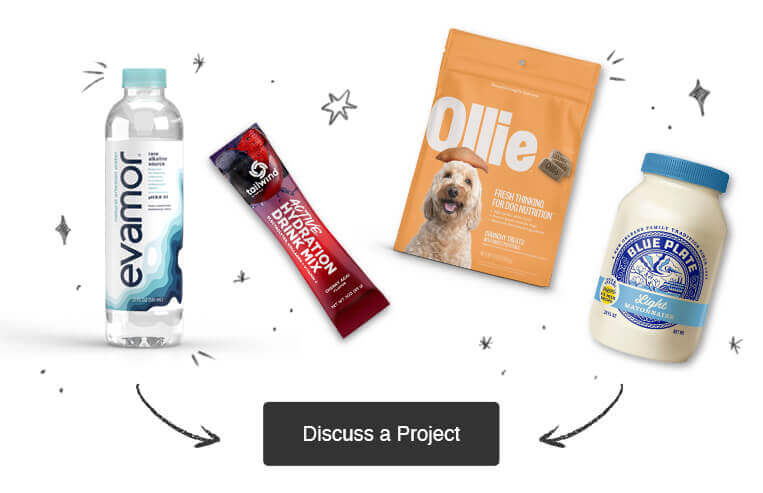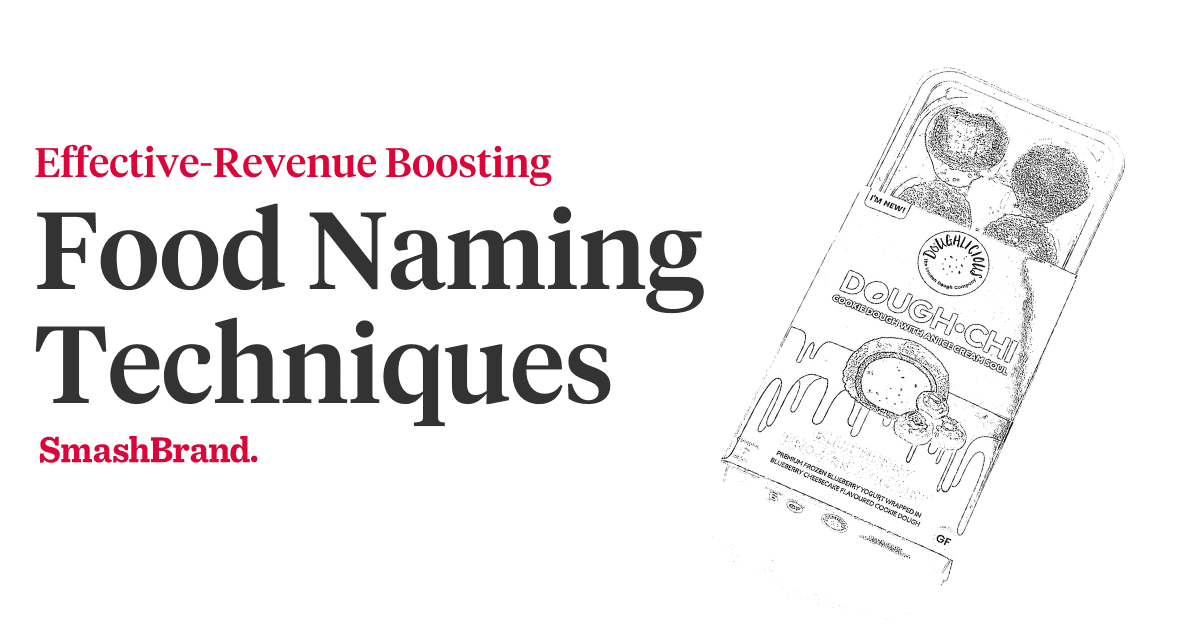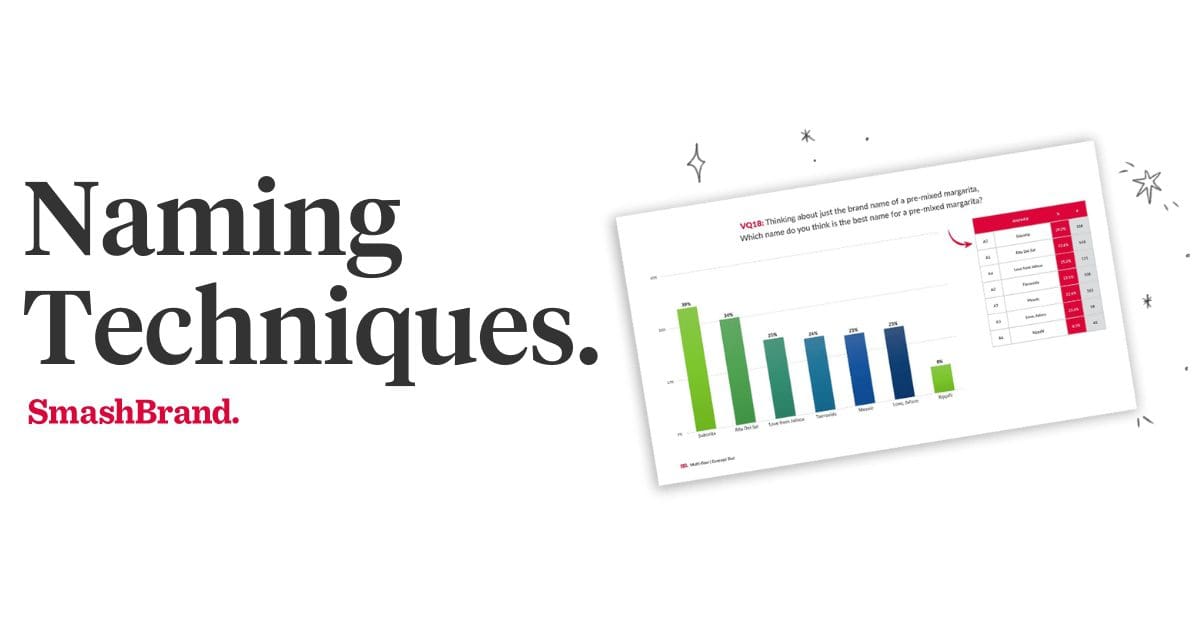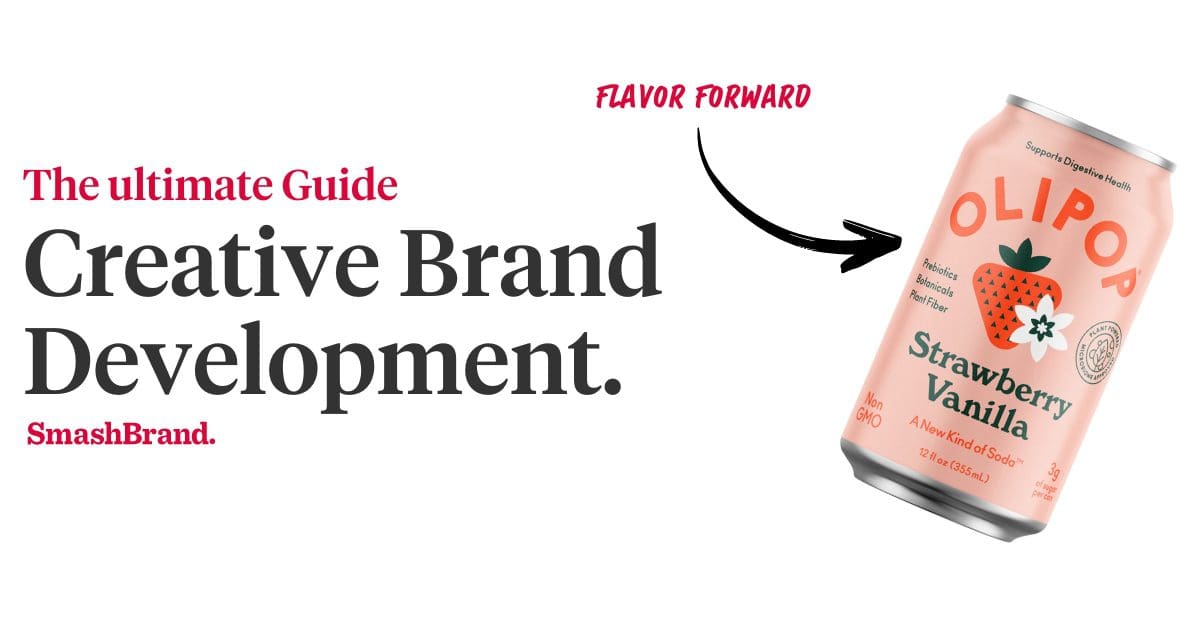Listen to This Article

When we use products that are unfamiliar to us, we naturally take a gander at the instructions on the package in order to make sure that we’re installing or applying them in a manner that won’t ultimately kill us. However, we have an implicit trust that items such as food and toothpaste are fairly self evident in terms of their mechanisms. Are we being foolhardy? According to many product manufacturers, we are ignoring their warnings at our own peril.
We don’t often read the finer details of product labeling, such as who to call if we have questions or comments or how quickly poison control should be alerted if ingested. Nevertheless, we have noticed a great many warning labels that seem either overly fearful, or just flat-out geared towards morons. This is fortunate, because we ourselves might have endangered ourselves on many occasions if not for the thoughtfulness of product labeling brain trusts. We are especially thankful to the manufacturers of children’s Superman costumes, who helpfully informed us that the costumes in no way affect our ability to fly. Whew! That would have been $30 completely down the drain.
Get your Hands on the SmashReport!
And enter to win a FREE brand diagnosis worth $20,000.
*The SmashReport is a monthly newsletter for FMCG and CPG brands, helping them stand out in the competitive retail marketplace.
Labels that are clearly meant to thwart deviant or criminal activity.
We’d love to read the court transcripts from the lawsuits that rendered these warnings necessary. Cheers, junior crime stoppers!
- “For external use only.” Found on a curling iron package.
- “Do not iron clothes still on body.” Found on an iron package.
- “Do not use for drying pets.” Found on a microwave oven.
Labels that were meant for people who suffered from severe head trauma..
The following instruction and warning labels are so obvious that we wonder if the companies issued the additional caution: “Fire may be hot and water may be wet.”
- “Warning: product may contain nuts.” Found on a bag of peanuts. (Yes, geniuses — we know that peanuts are legumes and not, technically, nuts. It’s hilarious anyway. Admit it.)
- “May be harmful if swallowed.” Found on a crate of hammers.
- “Use like regular soap.” Found on a package of soap. (Well, we clearly have no idea how to use this “regular soap” of which you speak; otherwise we wouldn’t have been forced to read the instructions. Idiots.)
- “Remove clothing before distributing through washing machine.” Found on laundry detergent. (And no, we don’t care how much time you save.)
Labels that display an excessive dose of caution.
These product manufacturers and package designers might be warning themselves out of a customer base.
- “Keep away from children.” Found on a bottle of baby oil.
- “This product is not for use in bathrooms.” Found on a bathroom heater.
- “Warning: may cause drowsiness.” Found on a package of sleeping pills.
This is only the tip of the iceberg in terms of, shall we say, superfluous warning/instruction labels. We won’t even get into the colorful array of warnings on industrial appliances and lawn and garden tools (chainsaw manufacturers are particularly fond of warning people to avoid using their genitals to control them. Again, we can only assume that this warning came from someone’s extremely bitter experience).
So, what have we learned today? We learned never to operate a chainsaw with our genitals, no matter how expert we may be. We learned that, even though some warnings might be intensely stupid, we must consult our lawyers before we laugh off printing a warning against using a toilet brush for oral hygiene. We learned that peanuts are legumes. Most importantly, we learned that if there exists even the faintest chance that a consumer could be harmed using a product, even grossly inappropriately, it is the fault of the product manufacturer and no one else; not even the gangster that chained you down and applied a heated curling iron to your tonsils. How is he supposed to know it was wrong if Conair didn’t tell him?
Data-Driven Brand Development
Want a best-selling brand? SmashBrand is a brand development firm for FMCG and CPG companies. From brand strategy to packaging design testing, our Path To Performance™ process guarantees a retail performance lift. Book a time to discuss your project with our team.





